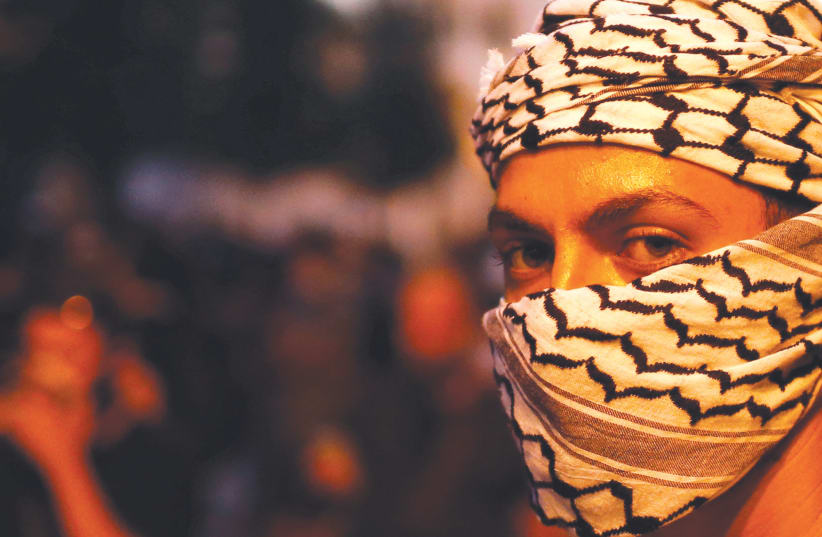Poverty was likely to continue to worsen, engulfing more than half the population by 2021, with a projected debt-to-GDP ratio of 194%, up from 171% at the end of 2019, the World Bank said in its Lebanon Economic Monitor report.
"A year into Lebanon’s severe economic crisis, deliberate lack of effective policy action by authorities has subjected the economy to an arduous and prolonged depression," the World Bank said in a news statement.
"Lebanon is suffering from a dangerous depletion of resources, including human capital, with brain drain becoming an increasingly desperate option."
Fueled by decades of state waste and graft, the economic crisis erupted last autumn as capital inflows dried up and protests swept the country. A year on, the currency has crashed and banks are paralyzed, with prices and job losses on the rise.
"Authorities have disagreed between themselves on the assessment, diagnosis, and solutions for the crisis," the World Bank said."The result has been a slew of uncoordinated, non-comprehensive, and insufficient policy measures that have worsened economic and social conditions."
